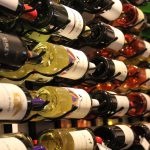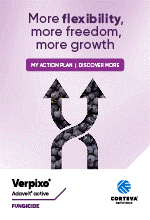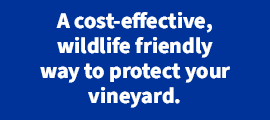
Lower-alcohol wines are currently struggling for attention as consumers are turning to other low and no-alcohol drink choices over wine, according to Wine Intelligence’s recent Global SOLA Wine Report: Sustainable, Organic and Lower-alcohol Wine Opportunities 2018.
Although the lower-alcohol wine category may deliver some future potential, driven by consumers increasingly opting to moderate their alcohol consumption, drinkers state that they are switching to alternatives beyond wine including mocktails, adult soft drinks and beer for low or no-alcohol occasions, rather than wine.
The key concern for lower-alcohol wine is the perceived poor quality and taste of these wines. This statement is supported by a New Zealand wine journalist commenting that “traditionally, there has been a big difference in the quality of lower-alcohol wines, with lower-alcohol wines being very green, harder and more acidic with more sugar to hide these traits”.
For the report, Wine Intelligence developed an ‘Opportunity Index’ which crossed 11 markets and 12 sub-categories to determine where sustainable, organic and lower-alcohol (SOLA) wines have the greatest chance of success and which of the individual product types within the group might work best. This Opportunity Index considered the relative opportunities by market of wines that are lower in alcohol, non-alcoholic, Fairtrade, organic, sustainably-produced, environmentally-friendly, from a carbon-neutral winery, biodynamic, preservative-free, sulphite-free, orange/skin contact and vegan. It takes into consideration awareness (people who are aware of the types of wine), purchase intent (people who have specifically bought the wine in the past 6 months or intend to buy it) and affinity (people who think the type of wine is right for people like them) in 11 key wine markets.
The report uncovers that the strongest opportunity for lower-alcohol wine is in New Zealand (43.2) and Australia (37.6), ranked first and second, respectively. Among the 11 key wine markets analysed, Germany (25.9), Sweden (25.7) and Japan (25.5) scored lowest in the Opportunity Index for lower-alcohol wine. Similarly, non-alcoholic wines see the most potential in Sweden and Nordic countries, with Japan and Portugal at the bottom of the Opportunity Index.




















